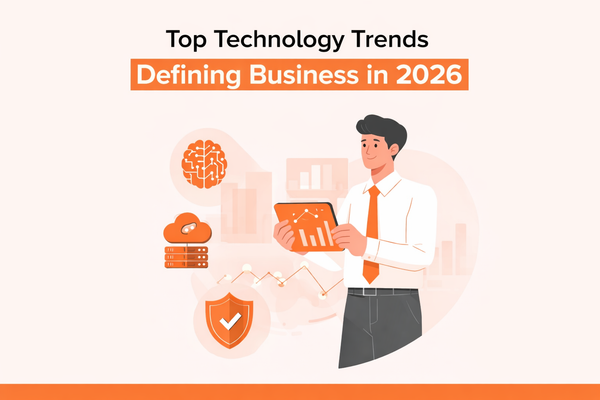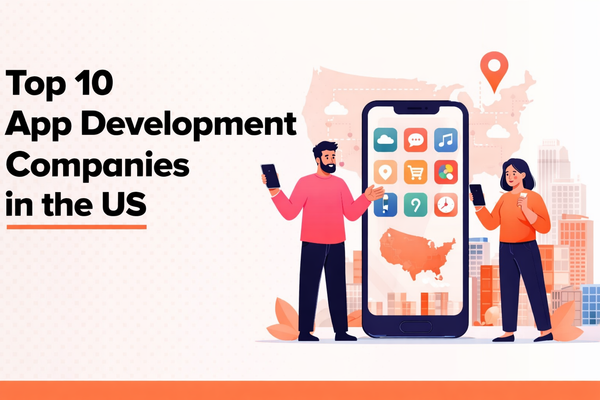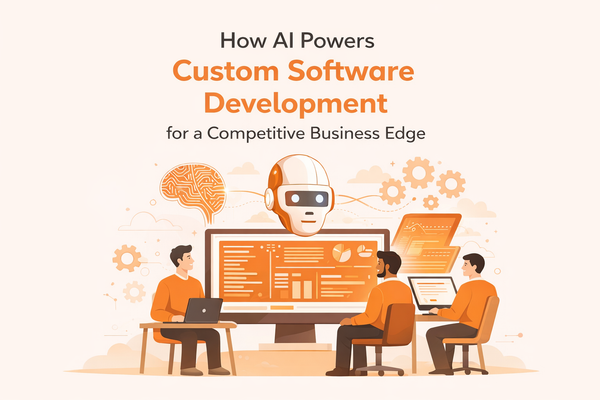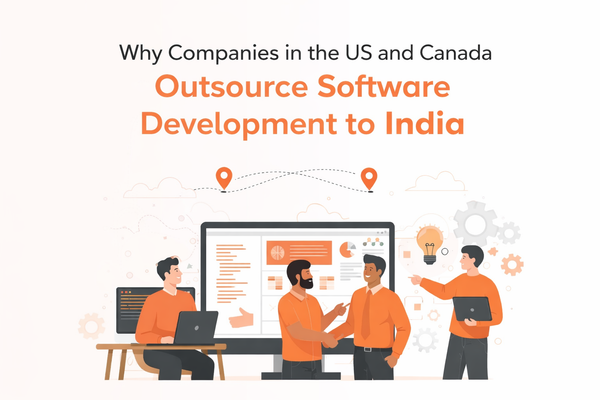AI in Saas: Software as a service: revolutionising the existing and creating the new

According to Gartner’s latest forecast, global spending on SaaS will rise by 20%, reaching $247.2 billion in 2024. This growth trend is expected to continue, with the market approaching $300 billion in 2025.
SaaS, or the Software as a Service model, has revolutionised the premise upon which businesses are run in societies today, thanks to the flexibility, scalability and cost-friendly nature that comes with it. However, the increasing adoption of artificial intelligence (AI) is extending this evolution to SaaS solutions. With AI, applications have become more brilliant, decision-making processes have become more effective, and user interactions have become more personalised. This makes AI a cornerstone that is preparing the revolution of SaaS. More and more businesses are recognising the value of AI in enhancing business functions, delivering better customer experiences, and making efficient use of data, and are therefore adopting it within their SaaS platforms.
Revolutionising SaaS: Ushering in a New Age for Innovations
AI in SaaS is changing the landscape for software development. AI will no longer be an optional fit but finally a different driving force for innovation, productivity, and competitive means in SaaS applications.
AI Investment on the Rise: Gartner reports that 92% of businesses will plan to invest in AI tools by 2024, with generative AI driving adoption. By 2027, it’s projected to represent more than one-third of AI software spending, shifting focus to integrated AI features that enhance existing systems rather than replacing them.
Why AI in SaaS?
The emergence of AI in SaaS is beyond an ordinary bloom. It is a profound transformation in the realm of software development and usage. By leveraging Saas's flexibility with AI's intelligence, companies will experience unparalleled efficiency, creativity, and growth.
SaaS solutions are designed to be agile and scalable; nevertheless, with a rising horde of data, such manual management of systems becomes extremely tedious and inefficient. AI is a game-changer that offers a configurational opportunity to analyse pools of giant-sized data to obtain insights and personalisation per user. This creates an ecosystem where businesses can make sounder decisions in shorter amounts of time. In other words, the future of SaaS will lie in its ability to realise the potential of AI to change industries and redefine customer experiences.
AI in SaaS: Transformative Applications You Should Know
To understand the real impact, let’s take a closer look at how AI is quietly reshaping the SaaS landscape from the inside out.
Improvement in Decision Making using Predictive Analytics
Predictive analytics is one of the most influential ways AI manifests in the SaaS realm. Since predictive analysis involves the study of data historically in an attempt to forecast potential patterns, the AI algorithms would hence be capable of predicting future trends, providing scope for companies to make appropriate-to-situation decisions.
To optimise customer engagement, founders customise their marketing strategies, streamline sales pipelines, and develop strategies based on prior interactions that allow AI to predict customer behaviour in CRM systems where decision-making is contingent on proactive forces rather than arising reactively.
Customising User Interactions
As competition gets tougher, delivering an individualised experience becomes essential to keeping clients. Artificial intelligence can help by understanding how a particular user works and what they like to recommend content and other features that are most relevant to them.
As rivals crowd the market, offering a tailored experience is crucial to keep customers. Stand a chance, a software platform that self-alarms changes the way users interact with it or suggests features that are close to their preferences and requirements. Such personalisation makes users feel more connected and engaged with the software as it enhances satisfaction and increases the chances of reusing.
Automation and Efficiency
AI automation is transforming the SaaS market by automating daily tasks such as data entry, reporting, and customer service using chatbots. Not only does this save time and money, but it also effectively leaves the employees with slack time and more time to think about creative, strategic work. The result is increased innovation and faster business growth.
Improved Security and Compliance
With continuing data security and privacy needs, Al enhances the security defence of SaaS applications. AI systems can detect abnormal patterns or behaviours that could be evidence of security breaches or compliance violations so companies can respond promptly.
Through early identification and response to possible threats, AI improves the security of Saas applications. In sensitive areas like cloud storage, where data breaches can have severe consequences, AI algorithms are critical in identifying unusual user behaviour and proactively responding to security risks.
Gartner projects that by 2028, 75% of enterprises will consider SaaS application backup a top priority, as opposed to 15% in 2024. This significant increase is, in fact, the result of the growing need for robust data security solutions with the rise of cloud-based applications by companies.
Additionally, 75% of companies will employ a Backup as a Service (BaaS) solution with on-premise tools for backing up cloud and on-premise data. As SaaS use grows exponentially, ensuring data protection and recovery is no less of a priority than before, considering the risk of mismanagement, cyberattacks, and vendor downtimes. BaaS shall play an essential role in business continuity and security.
AI Meets SaaS: Real-Life Applications to Watch
Dropbox
Dropbox distinguishes itself in the digital storage market with its wide range of file management features, plus its AI file syncing solution offering to improve functionality and user experience, such as intelligent file management solutions. This feature makes it much easier to find important documents and saves time. As we move into a more interconnected future, tools like Dropbox use machine learning algorithms through their AI-powered feature to identify anomalous activities or possible dangers. This feature provides additional security; the system notifies users whenever an unknown device attempts to log into their accounts.
Shopify
Software as a Service (SaaS) is revolutionising because of artificial intelligence (AI), changing how companies function and engage with their customers. Shopify, the leading e-commerce platform that helps businesses develop and manage online stores swiftly, is one of the most prominent examples of this change.
Shopify's AI usage has changed how e-commerce businesses operate since it has powerful features that enhance customer experiences, speed up procedures, and stop fraud. Retailers will be able to thrive in the highly competitive online market as Shopify and other SaaS platforms likely employ increasingly more innovative solutions as AI technology advances.
Furthermore, Shopify, a software as a service (SaaS) platform, is revolutionising traditional retail practices. At the same time, it's opening doors for new ways of doing business.
Slack
Consider a team attempting to manage numerous projects and innumerable messages while keeping up with their workload. Yes, it can be overwhelming. Slack's clever use of AI to make collaborating appear effortless is where it comes in handy! It's smart search function rapidly determines what you're looking for and finds the appropriate files or messages in no time.
AI-driven bots streamline approvals, manage reminders, and free up time for actual work. Plus, it transforms workplace chaos into seamless, linked teamwork by integrating AI into its platform, assisting teams in concentrating on what counts.
Zoom
AI has changed how Zoom works, showing how AI can transform the SaaS industry—from automating meeting logistics, improving user experience with intelligent virtual backgrounds, and minimising background noise during video calls. Zoom's creative approach has completely changed how people interact and work together. Platforms like Zoom will become essential in our more remote environment as AI develops, and we can expect even more ground-breaking innovations that will improve virtual communication.
Netflix
Netflix is one of the best examples of how artificial intelligence changes the SaaS landscape. Picture logging into your streaming service and being greeted with a selection of shows and movies curated exclusively for you; it is no coincidence that AI is at work. Through user-specific suggestions, optimal streaming quality, and an entirely data-oriented and user-centric content approach, Netflix has learned how to redefine the customer experience.
But Netflix isn’t just about setting the bar for today but recognising that baking now also entails preparing for tomorrow. It’s about gauging what might be achievable the day after tomorrow.
Hubspot
AI is shaking things up in the SaaS world. It's giving us tools and features that make us more productive and change how companies talk to their customers. AI can work with giant amounts of data to develop insights, do jobs, and make interactions more personal. HubSpot's new way of using AI shows how these ideas work in real life. It focuses on improving things for users and helping businesses get more value from their spending.
Conclusion
As AI technologies continue advancing, so will their applications within the SaaS model. Software as a Service (SaaS) is well-suited for integrating AI technology. Beyond simply improving existing SaaS applications, adding features like AI-personalised user experiences and enhanced security are just two examples of how the SaaS market is changing due to AI technology. In summary, now is the moment to understand AI's potential to maintain an advantage over your competitors and develop your SaaS company into a significant force in its sector. SaaS is already in the future, and the potential is endless.




